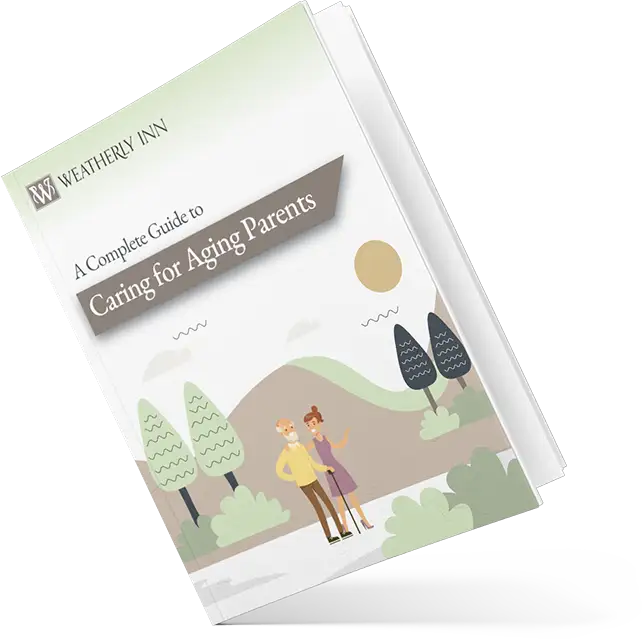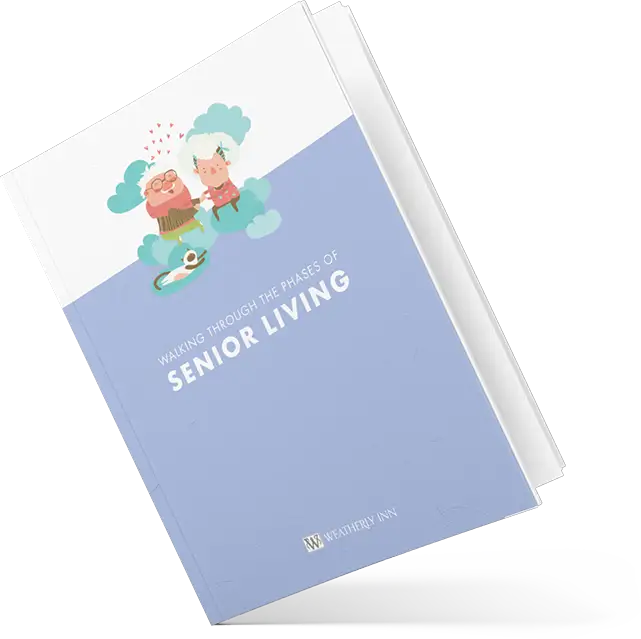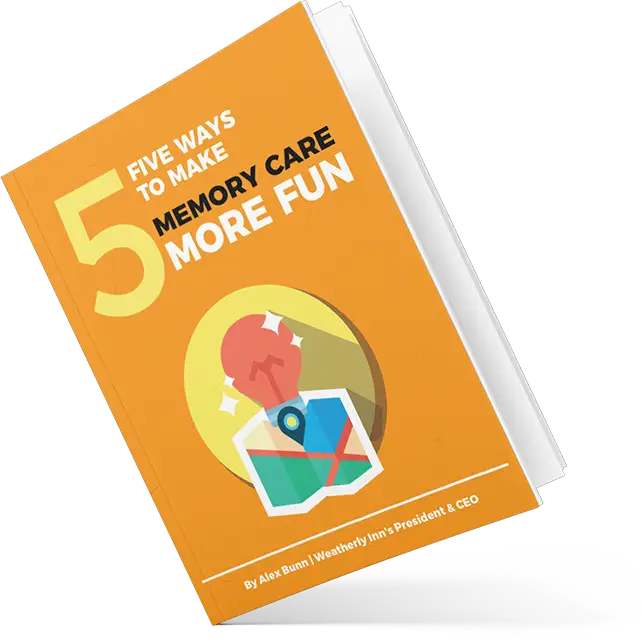October 31, 2023
When it’s time to consider a new living arrangement for your loved one, there’s a lot to think about. You want to ensure they receive the care they require to feel comfortable and happy in their new home. This goes further than just choosing the right type of senior living community. You also need to consider what level of care they need.
Assisted living communities are a good option for older adults who need some help with activities of daily living (ADLs) but want some autonomy in their day. Many senior care communities structure various levels of care within their assisted living service to meet your loved one’s individual needs.
Common services in assisted living communities include housekeeping, help with laundry and even meal preparation. In this blog, we’ll look at what’s typically included in low, medium and high-level care situations and which individuals fit best into each of these categories.
Levels of Care
The level of care your loved one needs will directly correlate with their state of health. In assisted living, the levels of care are often classified by mobility standards and the ability to perform ADLs without assistance.
We will discuss care needs by dividing them into three general categories: low level, medium level and high level.
Low-Level Care
Low-level care is ideal for residents who need minimal assistance day to day. Oftentimes, these residents are quite independent, but opt for assisted living to have access to a little extra help with things like medication management or shower assistance.
This level of care is often a good option for someone who does not require any type of regular medical intervention. It’s an opportunity for your loved one to downsize their living arrangement, eliminate worries about keeping up with their homes and receive help when needed.
Medium-Level Care
Medium-level care is provided to residents who need more help with ADLs throughout their day, though they can still manage some of their own personal care needs. Their needs could include support with things like medication management, dressing, and grooming. Oftentimes, their needs can be met by a single caregiver.
These residents maintain most of their mobility, whether that’s walking unaided or with a cane or walker. Assisted living gives these individuals peace of mind that a qualified staff member is always nearby if they need help but they can otherwise enjoy the same autonomy they had at home.
High-Level Care
High-level care is reserved for residents who need help with many ADLs, which could require more than one caregiver to meet their daily needs. This could be someone who needs more extensive assistance with using the restroom, bathing, and grooming themselves. Often, these needs are paired with limited mobility as well.
Typically, these residents simply require a little more hands-on assistance throughout the day to keep them comfortable and maintain their well-being.
How to Determine Care Needs
Luckily you don’t have to choose what level of care your loved one needs on your own. You can work with the communities you’re considering to determine what care services your loved one needs most and if those communities can meet your needs.
Different facilities use different measurement processes to determine the right level of care for their residents. Many communities have an assessment for new residents to complete where they can self-report the things they feel they need help with and what they’re capable of doing on their own.
From this report, the community staff will determine a “score” of how much help your loved one will likely need. Keep in mind that the score you receive will be unique to that community. Each community structures their levels of care differently, so an assessment from one might not translate directly to another.
Although this step can require thinking through many details, it’s a critical step in the process of determining the best care for your loved one. You want to ensure they receive all the support they need coupled with the autonomy they want.
It’s also important to note that not every situation is a good match for assisted living. Sometimes the level of care your loved one requires goes beyond what assisted living staff can offer and you may have to consider other care options such as a nursing home, skilled nursing facility or memory care.
When Assisted Living Isn’t a Good Fit
There are a few specific situations when assisted living might not provide the level of care your loved one needs to feel comfortable.
- Memory issues. Alzheimer’s disease, dementia and memory loss all present unique problems in older adults and often require a specialized staff. If your family member is suffering from memory loss, then a memory care community will be the best option for finding the care they need.
- Serious medical conditions. If your loved one needs help managing a serious medical condition, then assisted living may not be the right fit for them. Skilled nursing facilities are usually the next best option if you find that your loved one’s needs can’t be met in assisted living.
Some senior living communities offer different types of services in different areas of their campus or at different locations. Ask the community you’re considering what the maximum level of care is that they can provide, and if they have services like memory care or skilled nursing facilities.
Find the Right Care for Your Family
The decision to move to a senior living community is difficult. The process to find the right community, even more so. At Weatherly Inn, we offer independent and assisted living options, as well as memory care for patients with Alzheimer’s, dementia and memory loss.
Schedule a tour today to see how our levels of care match your loved one’s needs.



